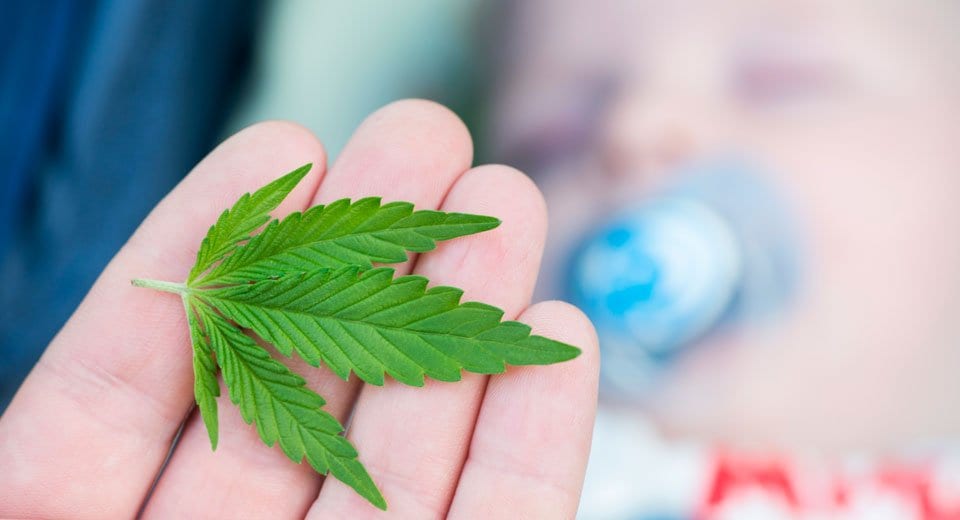Using marijuana during pregnancy can put your baby at risk for long-term problems

Marijuana (cannabis) use in pregnancy has always been cause for concern for the safety of the mother and her baby.
While the recommendation is still to refrain from marijuana use, changes in the laws, increased potency of tetrahydrocannabinol, (THC), the psychoactive substance that produces the “high” in marijuana, and social acceptance have made the care and health management of pregnant women more challenging and complex.
“We are entering this field of increased use, decreased stigma because of legalization in some states, and yet there is still no complete and clear data on how it affects children and newborns,” said Geoffrey C. Schreiner, MD, MPH, a Cape Cod Hospital pediatric hospitalist. “They did studies years ago and the potential effects on the child are dated. We are now looking more in terms of adverse effects on motor development, potentially increased rates of autism, and increased risk of symptoms of attention deficit/hyperactivity disorder (ADHD) in terms of attention and hyperactivity.”
Since there are so many unknowns related to effects on the newborn, the American Academy of Pediatrics (AAP), the Academy of Breastfeeding Medicine (ABM), and the American College of Obstetricians and Gynecologists (ACOG) all strongly recommend against marijuana use, as well as passive exposure during pregnancy and while breastfeeding, said Dr. Schreiner.
A recent research report published by the National Institute on Drug Abuse noted that one study found 20 percent of pregnant women 24 years old and younger screened positive for marijuana in a drug test but had not self-reported use. Another study of marijuana dispensaries showed that nonmedical staff were recommending it to stave off nausea during pregnancy.
The Impacts on Mother and Newborn
Dr. Schreiner listed the following ways marijuana use can impact the mother and the newborn:
- Even though marijuana use is more popular for recreational use, there are still many co-substances, including tobacco, that can “muddy the waters” and make it difficult to know what is causing symptoms in the newborn.
- THC builds up in the breast milk for six days to six weeks and this is the time it can remain in the breast milk.
- Marijuana can be more potent in certain forms. Smoking and vaping contain toxins, and THC contains compounds that can worsen effects.
- THC accumulates in children’s brains and their fat which causes concern for long-term effects.
- When a new mother is trying to cope with all the changes a newborn can bring to her life, such as lack of sleep and stress, making the choice to no longer use marijuana for the sake of her baby puts her at a higher risk for postpartum depression.
- While marijuana is legal in Massachusetts, it is federally illegal and so physicians still must report a substance-exposed infant to Massachusetts Department of Children and Families (DCF).
Team Approach
“Our goal before (mothers) leave the hospital is that they are connected with all the right resources to best support them going forward so they can remain strong in their decisions to support their child,” said Dr. Schreiner. “We will provide her with resources through our social workers and care managers to make sure she has the support she needs, especially after discharge from the hospital. We also reassure her that her pediatrician will be a good resource and support as well.”
